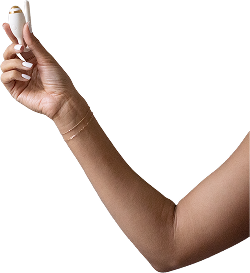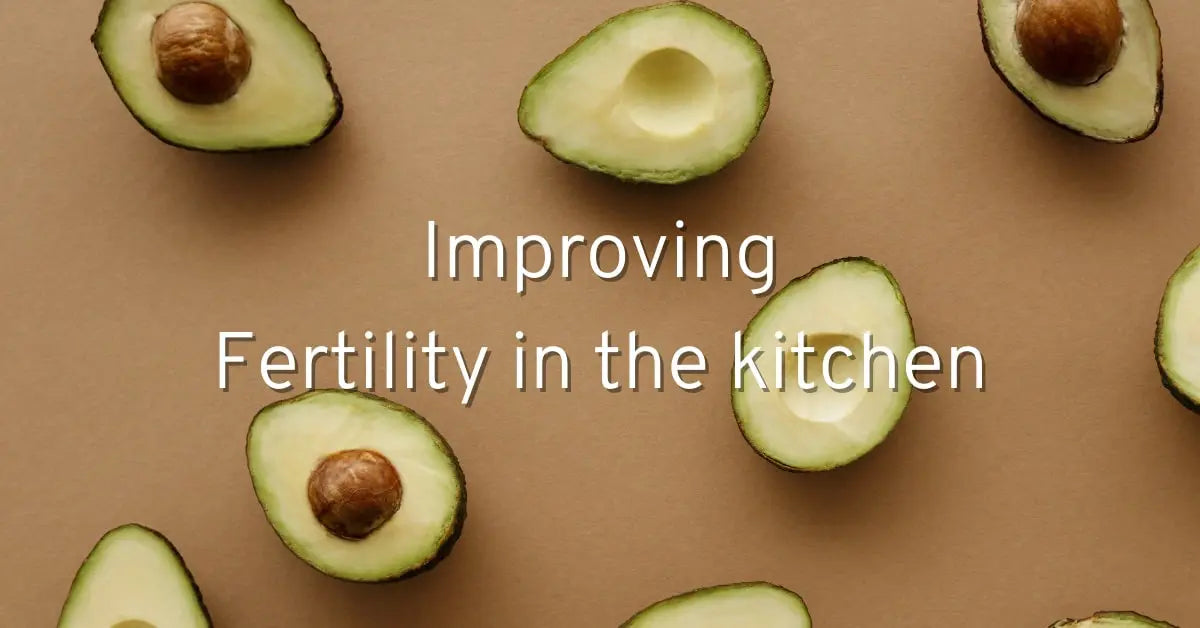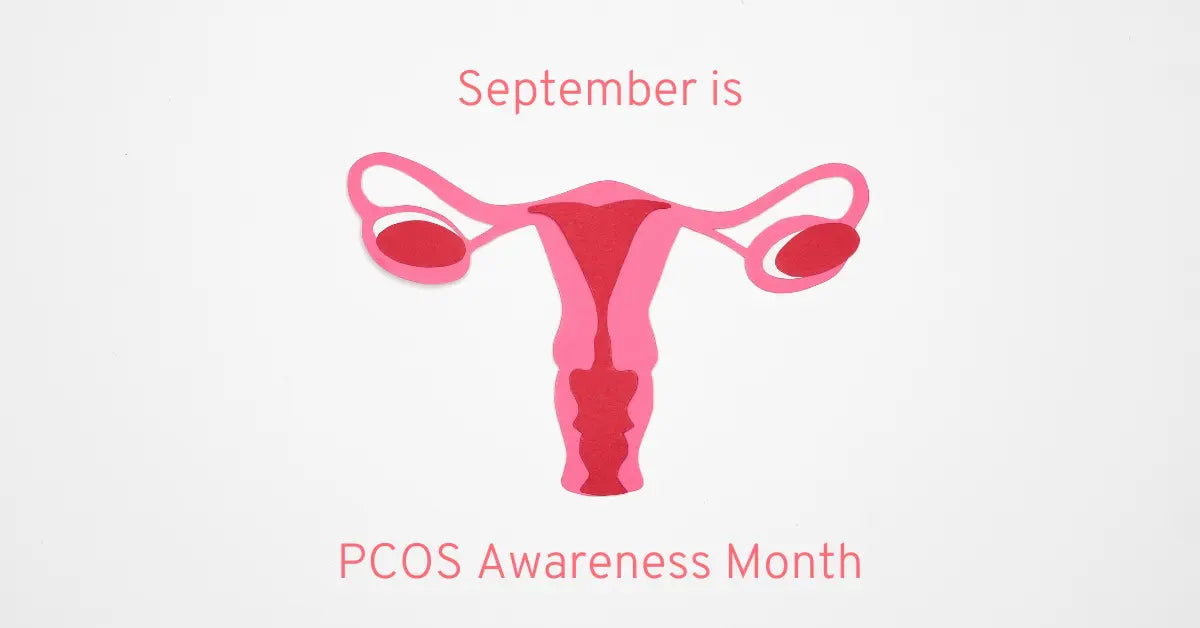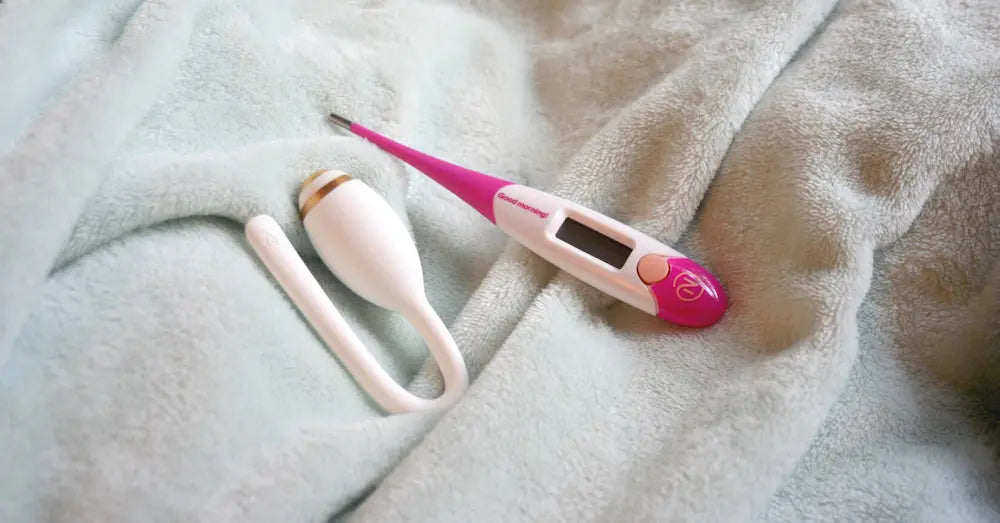Author: Dr. Corrine Poulin, Doctor of Naturopathic Medicine, at Lone Star Natural Health, specializes in women’s health, autoimmune and thyroid disorders, gut dysfunction, and fertility.
If you are getting ready to start your trying to conceive journey and you have already discussed your preconception health with your doctor, he or she most likely inquired about your cycle history and suggested some best practices. While tracking your cycles and fertile window predictions are kegg’s domain, I will walk you through how to improve your fertility in the kitchen without relying solely on supplements.
When talking about things you can do to improve fertility there are 4 key modifiable factors:
- Diet and nutrition
- Physical activity
- Smoking/alcohol avoidance
- Decreasing toxic environmental exposures
Diet and nutrition can make all the difference in egg and sperm health. Let’s take a look at some of the key nutrients needed and how to get them daily with food. Plant-based sources aren’t always as easily absorbed or used by the body. If you are plant-based you may want to consider introducing high-quality animal products into your diet or utilize supplements to ensure you are getting enough for your body to know it’s a safe place and signal that you are ready to build a baby!
Magnesium
Up to 80% of the population is deficient in this much needed macro-mineral, meaning it is needed in larger amounts than trace minerals such as calcium, potassium and sodium. Getting enough magnesium through your diet is key for blood sugar balance, bowel movement regularity, sleep, thyroid support, and most importantly for fertility – hormone creation. Alcohol, caffeine, stress, and birth control are all common things that deplete the body of magnesium.
Magnesium-rich foods include dark leafy greens, nuts, almonds, spinach, avocado, bananas, brown rice, and legumes.
Vitamin B6
Vitamin B6 can be labeled as pyridoxine or P5P which is its active form, pyridoxal 5′-phosphate. B6 or P5P serves as a coenzyme in more than 140 enzyme reactions in the body. It almost always helps magnesium do its job. Vitamin B6 is crucial for the early stages of pregnancy when the corpus luteum develops, right after the egg is released. The corpus luteum then starts to produce progesterone to help keep the egg healthy and happy if it becomes fertilized.
B6 is high in chickpeas, tuna, salmon, chicken, avocados, potatoes and bananas.
Choline
Choline is a water soluble essential nutrient. I personally think all prenatals should include choline in their formula and the best ones typically do! Getting enough choline is imperative when it comes to egg health, implantation, baby’s developing brain and decreasing the incidence of neural tube defects. For ladies who have been diagnosed with PCOS (polycystic ovarian syndrome), choline can help manage insulin levels and normalize fat metabolism for optimal fertility.
Eggs (higher amounts in the yolk), beans, liver, fish, nuts, peas, spinach, and mushrooms are a few of the foods containing high amounts of choline.
Omega 3’s
Healthy hormone-building fats are essential for improving fertility and enhancing egg and sperm health. A healthy amount of omega 3’s can increase the blood flow to the uterus and regulate monthly cycles by reducing inflammation. Omega 3s are great at improving cervical mucus quality, making it easier for the sperm to travel into the uterus and for ovulation to occur.
Avocados, eggs, olive oil, coconut oil, chia seeds, walnuts, and flaxseeds are good sources but are not as easily absorbed compared to the omega’s in salmon, sardines and grass-fed meats.
You want to focus on eating a diet that will help build energy, vitality and hormonal balance, all of which directly impact your fertility. Making sure you are aiming for 70+ grams of protein a day and healthy fats at each meal as these are the building blocks of hormones, eggs, and sperm. For those with MTHFR genetic SNPs you may find success after multiple miscarriages by making sure you are getting methylated B vitamins and steering clear of added folic acid in foods. Please reach out to a naturopathic or functionally trained doctor to get tested for MTHFR and nutrient status for a clearer picture on what YOU personally need to optimize fertility.
💡Did you know?
95-98% of cervical fluid consists of water. While it goes without saying, it is crucial to stay hydrated when trying to conceive!
Drink, drink, drink!
The general rule of thumb is to aim for half your body weight in ounces (so someone weighing 150 pounds would need 75 ounces of water daily).
Grab your bottle, make your grocery list with seasonal products and see you in the kitchen!



